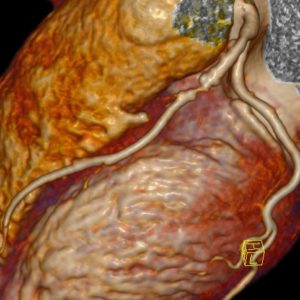Integrative medicine is a combination of conventional medicine and other healing modalities not commonly taught in Western medical schools. In addition to incorporating all of the incredible advances of medication and technology, integrative medicine emphasizes nutrition, life-style, and attention to mind-body influences.
Integrated Cardiology represents a new approach in therapeutic strategy of cardiovascular disease.
Nutrition, botanicals, exercise, metabolic cardiology, acupuncture, psiconeuroendocrinology, are topics at the center of an integrative approach.
Nutrition focuses on the primacy of food as medicine for maintaining heart health
Exercise helps in maintaining heart health, and will be incorporated into a successful heart health program.
The botanicals have a pivotal role in prevention and treatment of cardiovascular diseas; should be useful in lowering blood pressure, improving lipid profìles, and reducing symptoms of congestive failure.
Metabolic cardiology describes how biochemical interventions with nutritional supplements can promote energy production in the heart. The role of coenzyme Q10, 1-carnitine, d-ribose, and magnesium for support of cardiac systolic and diastolic function is recently highlighted
Acupuncture may be a useful adjunct in the treatment of hypertension, and has a promising role in the future of cardiology.
Since the second half of the 80s the development of the Psycho-Neuro-Endocrine-Immunology concepts resulted in a change of perspective, from a separatist point of view to an unifying one, relating to the interpretation of the biological functions of the body.
A key point was the recognition of the importance of continuous cross-talk between cells, organs and systems in both physiological and pathological conditions based on the fine regulation of the levels of a large number of messenger molecules.
Interpreting the pathological phenomenon as an imbalance in intercellular signaling, the administration of low physiological doses of messenger molecules (which act as homeostatic modulating agents) can be considered an intriguing and innovative approach in order to restore the correct intracellular signaling and consequently to restore healthy conditions; these concepts are the milestones of Low Dose Medicine.
Five years of scientific research in the field of Low Dose Medicine demonstrated the validity of the conceptual approach and efficacy and safety of the therapeutic intervention based on the oral administration of low doses of activated messenger molecules.
Integrative cardiology emphasizes the mind-body connection, and the evidence that depression, anxiety, and stress are not only risk factors for the development of cardiovascular disease, but lead to adverse outcomes, including cardiac death. Techniques that deals with depression, anxiety, and stress using stress management programs, relaxation therapy, and physical activity, are therapies that can be as effective as drugs in some patients.
Many medical conditions,hypertension, coronary artery disease, congestive heart failure, arrhythmias, and cardiac surgery can benefit of this olistic approach.
As prevention is the cornerstone of integrative medicine we highlights powerful opportunities afforded by nutritional approaches, lifestyle changes, and supplements, combined with conservative use of medication. The importance of evaluation for inherited risk factors that go beyond traditional cholesterol tests is a corner stone of integrated cardiology.


